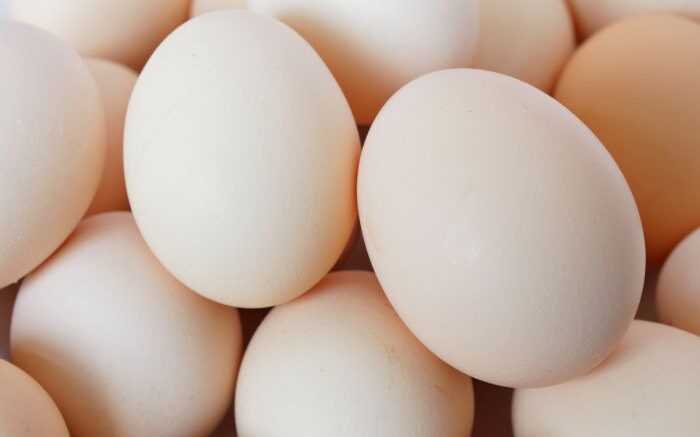Researchers at the University of California, Davis, have been able to produce antibodies to the SARS-CoV-2 spike protein in hen eggs. Antibodies harvested from eggs might be used to treat COVID-19 or as a preventive measure for people exposed to the disease. The work was published July 9 in the journal Viruses.
“The beauty of the system is that you can produce a lot of antibodies in birds,” said Rodrigo Gallardo, professor in poultry medicine, Department of Population Health and Reproduction at the UC Davis School of Veterinary Medicine. “In addition to a low cost to produce these antibodies in hens, they can be updated very fast by using updated antigens to hyper-immunize hens, allowing protection against current variant strains.”
Birds produce a type of antibody called IgY, comparable to IgG in humans and other mammals. IgY does not cause allergy or set off immune reactions when injected into humans. IgY appears both in birds’ serum and in their eggs. As a hen lays about 300 eggs a year, you can get a lot of IgY, Gallardo said.
Gallardo and colleagues immunized hens with two doses of three different vaccines based on the SARS-CoV-2 spike protein or receptor binding domain. They measured antibodies in blood samples from the hens and in egg yolks three and six weeks after the last immunization.
Purified antibodies were tested for their ability to block coronavirus from infecting human cells at the National Center for Biodefense and Infectious Diseases at George Mason University in Virginia.
Both eggs and sera from immunized hens contained antibodies that recognized SARS-CoV-2. Antibodies from serum were more effective in neutralizing the virus, probably because there is more antibody in blood overall, Gallardo said.
Gallardo is working with colleagues Daria Mochly-Rosen at Stanford University and Michael Wallach, University of Technology, Sydney, to develop the egg-based antibody technology. The team hopes to deploy these antibodies in a preventative treatment such as a spray, that could be used by people at high risk of exposure to coronavirus.
Additional authors on the paper are Emily Aston, UC Davis Department of Animal Science; Aarthi Narayanan, National Center for Biodefense and Infectious Diseases; and Sofia Egaña-Labrin, UC Davis School of Veterinary Medicine. The work was supported by the School of Veterinary Medicine at UC Davis, Stanford University and poultry producers in the state of California.
Source: University of California, Davis
